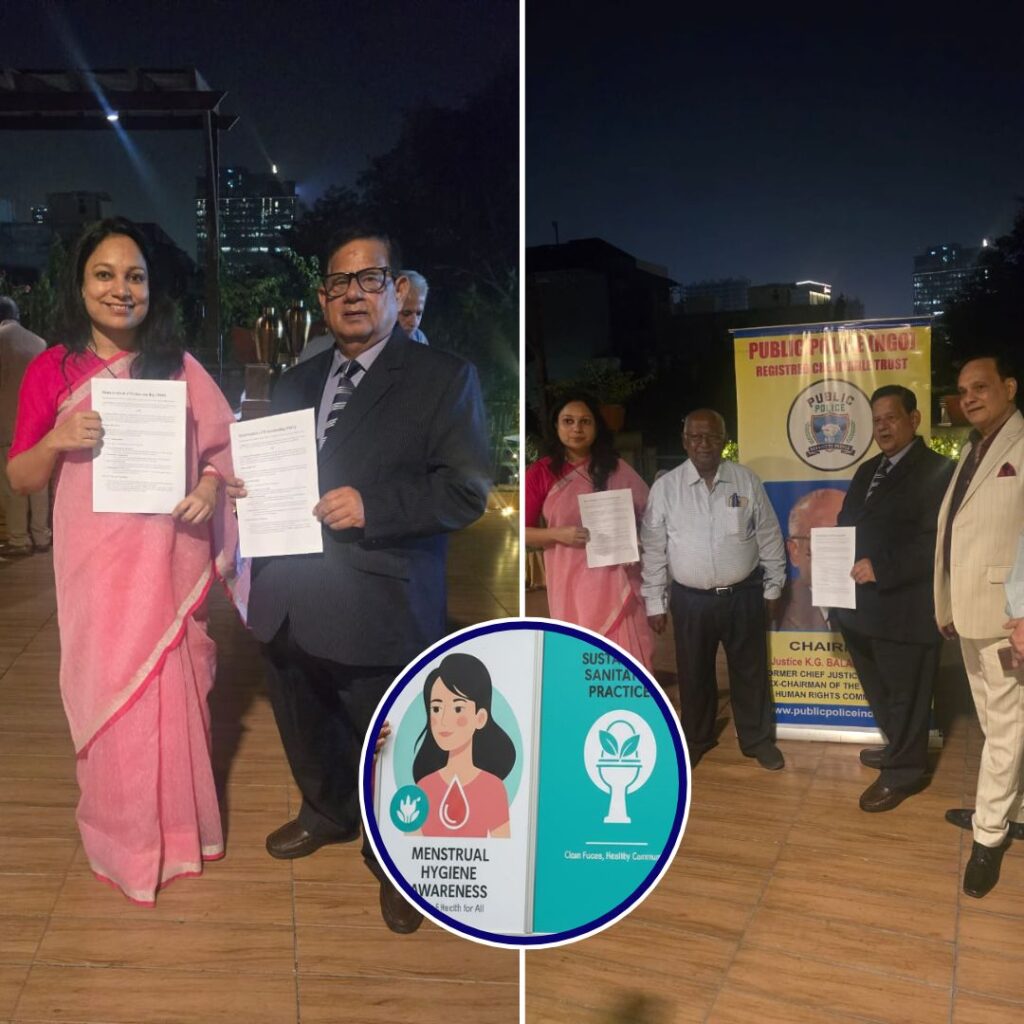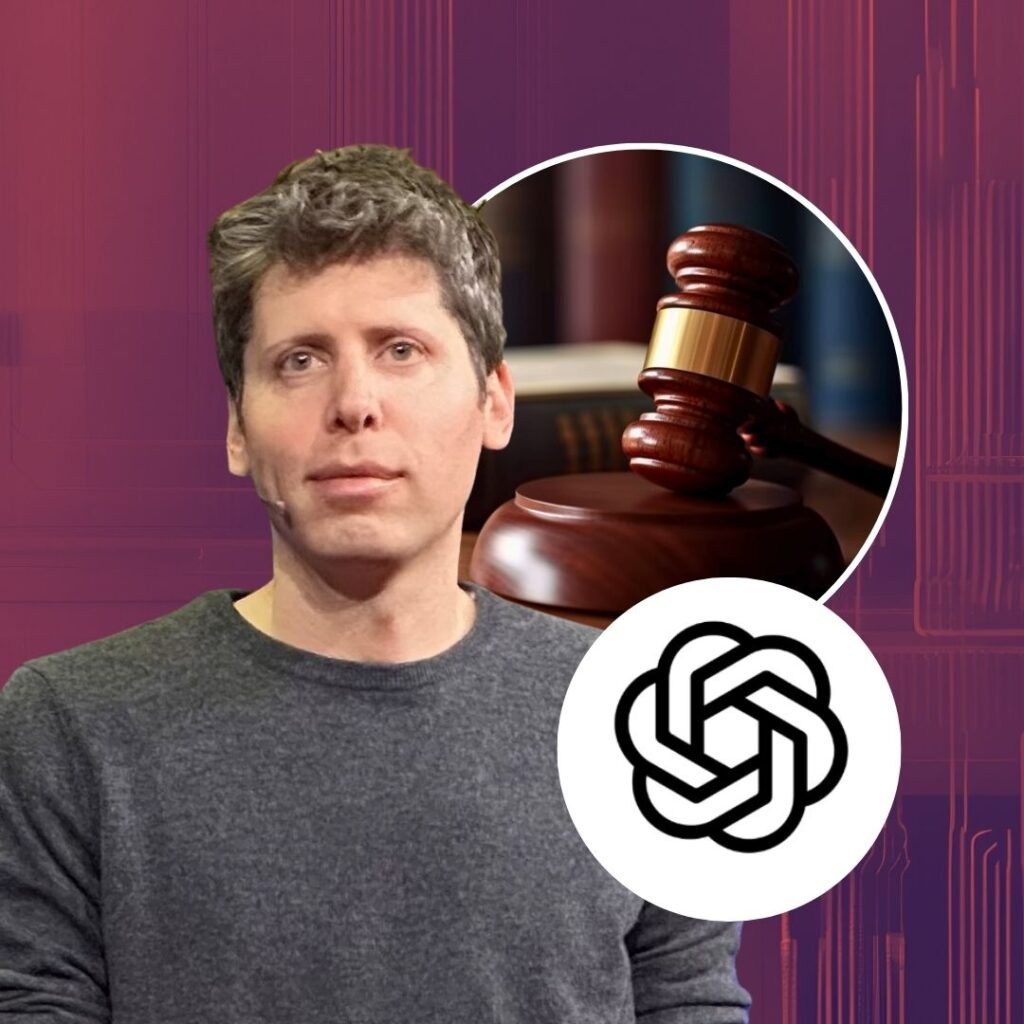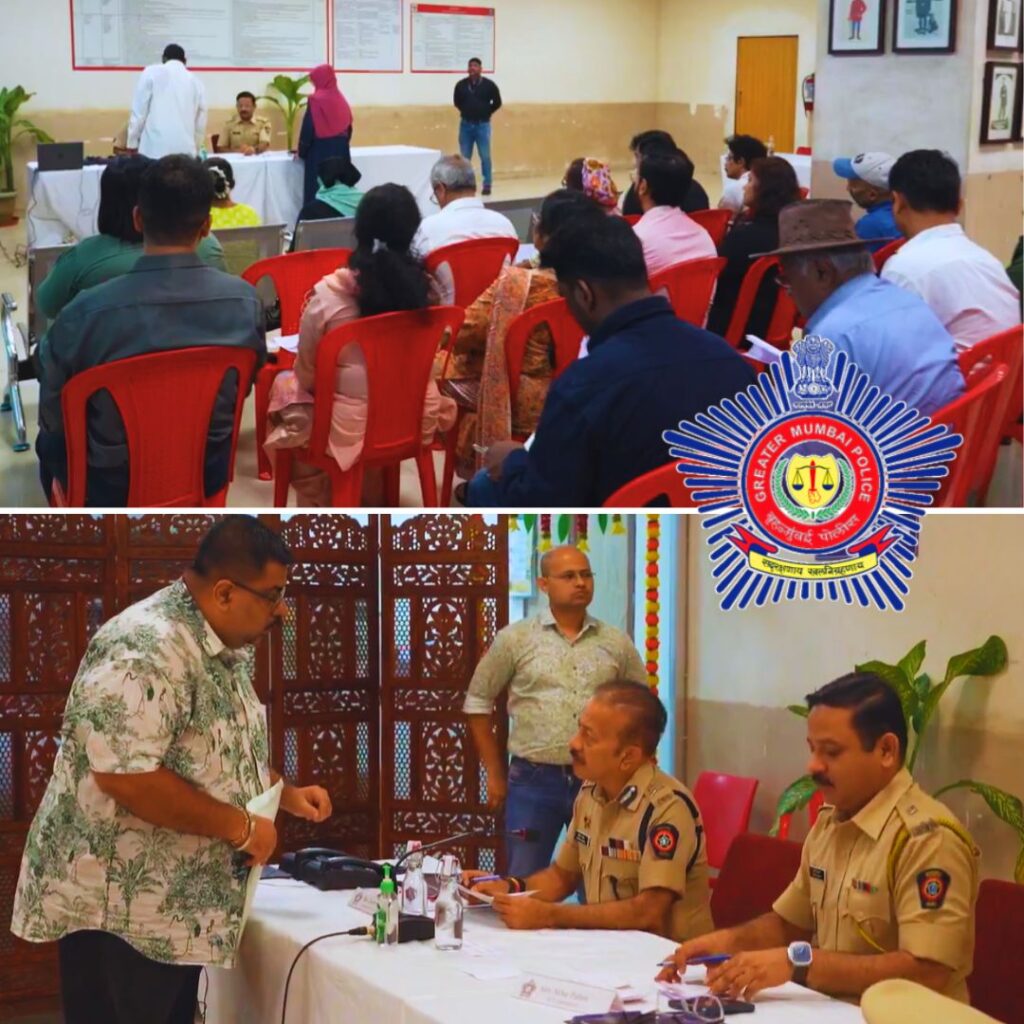World Health Organisation’s (WHO) special COVID-19 envoy, Dr David Nabarro, said that India’s current COVID-19 doubling rate of 11 days is ‘remarkable’ and that the country managed the disease ‘effectively’ early on.
In an interview with The Indian Express, the British physician and public health expert said that India’s doubling rate of 11 days is a ‘really good piece of information because what we know from other places is that if this virus does what it wants to do, and there is no effort to limit transmission, then the doubling time is about two-and-a-half days. So, if you have a doubling time of 11 days, then what it means is that opportunities for transmission have been substantially reduced.’
He said that at the onset of the outbreak, the virus is expected to be largely in the urban areas, as it is getting largely imported by people who come from abroad. However, in India, even after two months of the outbreak or more, ‘it is an amazing thing again that early data is suggesting that the virus continues to be quite well localised in urban areas.’
Stating that 450 out of 750 districts in India has not reported the virus yet, Nabarro said, ‘It is telling me two things. One is that India managed this disease quite effectively early on, and secondly it managed to restrict the spread of the disease to a relatively small number of urban areas.’
Taking note of the economic cost of the lockdown, Nabarro said India is doing well in containing the virus even though there are huge economic fallouts. He also said that the problem now is in the densely populated areas.
Nabarro added that in densely populated areas like parts of Mumbai, Delhi or Ahmedabad, it is really hard to manage the containment. He said that containing the outbreak in densely populated areas is a challenge every country is struggling with.
‘I am just totally impressed by what I am seeing being done in the cities that I talked about, what is being done across the country, the efforts to try to support poor people who are stuck in many places, between the cities and their home places,’ he said.
.Also Read: ‘India To See A Flat Peak Of COVID-19 Cases By July End, But Will Get Better’: WHO Envoy












